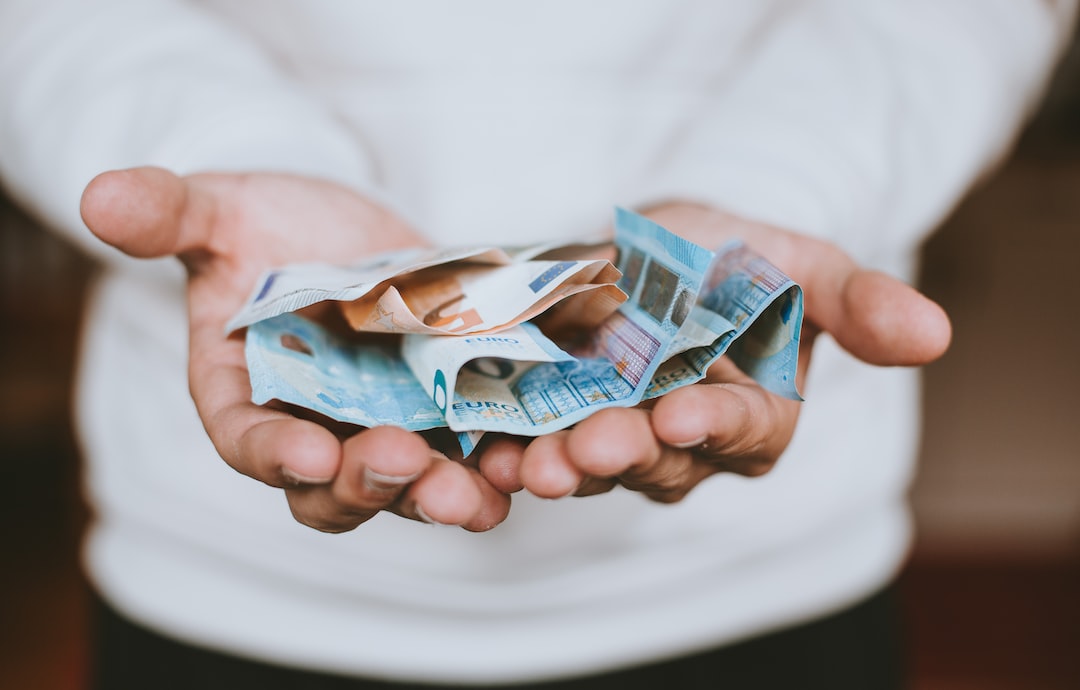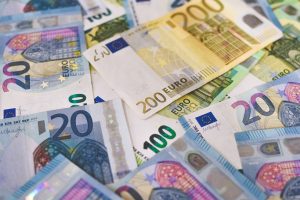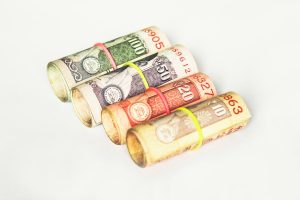Forex trading scams are a growing problem in the financial world. They are fraudulent schemes that prey on unsuspecting investors who are looking to make a quick profit in the foreign exchange market. These scams can take many forms, from fake trading platforms to Ponzi schemes. In this article, we will explore what forex trading scams are, how they work, and how you can protect yourself from becoming a victim.
What is forex trading?
Forex trading, also known as foreign exchange trading, is the buying and selling of currencies. The forex market is the largest financial market in the world, with an average daily trading volume of $5.3 trillion. Forex trading is done through a broker or dealer, who facilitates trades between buyers and sellers. The goal of forex trading is to make a profit by buying low and selling high.
What are forex trading scams?
Forex trading scams are fraudulent schemes that promise investors high returns with little risk. These scams can take many forms, but they all have one thing in common: they are designed to take money from unsuspecting investors. Some common types of forex trading scams include:
1. Fake trading platforms
Fake trading platforms are websites that appear to be legitimate forex brokers but are actually scams. They often use fake testimonials and reviews to lure investors in, and then steal their money. These platforms may offer high leverage, low spreads, and other incentives to attract investors.
2. Ponzi schemes
Ponzi schemes are fraudulent investment schemes that promise high returns with little risk. They work by using new investors’ money to pay off earlier investors, creating the illusion of a profitable investment. Ponzi schemes eventually collapse when there are not enough new investors to pay off earlier investors.
3. Signal sellers
Signal sellers are individuals or companies that offer to provide investors with signals to trade the forex market. These signals are supposed to be based on expert analysis and provide investors with profitable trades. In reality, many signal sellers provide inaccurate or misleading signals, which can lead to significant losses for investors.
How do forex trading scams work?
Forex trading scams work by promising investors high returns with little risk. They use a variety of tactics to lure investors in, including:
1. High-pressure sales tactics
Forex trading scams often use high-pressure sales tactics to convince investors to invest. They may use aggressive language, make unrealistic promises, or create a sense of urgency to get investors to act quickly.
2. Fake testimonials and reviews
Scammers often use fake testimonials and reviews to create the impression that their scheme is legitimate. They may use stock photos or pay actors to create convincing testimonials.
3. Sophisticated websites
Scammers often create sophisticated websites that look professional and legitimate. These websites may include fake news articles, charts, and graphs to create the impression that their scheme is backed by expert analysis.
How can you protect yourself from forex trading scams?
The best way to protect yourself from forex trading scams is to do your research. Here are some tips to help you avoid becoming a victim:
1. Research the broker
Before investing with a forex broker, research the company to ensure that it is legitimate. Check for reviews and complaints online, and make sure that the broker is licensed and regulated.
2. Beware of high-pressure sales tactics
Be wary of brokers who use high-pressure sales tactics to convince you to invest. Legitimate brokers will never pressure you to invest more than you are comfortable with.
3. Avoid unrealistic promises
Be skeptical of brokers who promise high returns with little risk. Forex trading is inherently risky, and there is no such thing as a guaranteed profit.
4. Check for regulatory compliance
Make sure that the broker is compliant with regulations in your country. In the United States, for example, forex brokers must be registered with the Commodity Futures Trading Commission (CFTC) and the National Futures Association (NFA).
Conclusion
Forex trading scams are a growing problem in the financial world. They are fraudulent schemes that prey on unsuspecting investors who are looking to make a quick profit in the foreign exchange market. These scams can take many forms, from fake trading platforms to Ponzi schemes. The best way to protect yourself from forex trading scams is to do your research and be skeptical of brokers who promise high returns with little risk. By following these tips, you can avoid becoming a victim of forex trading scams.





